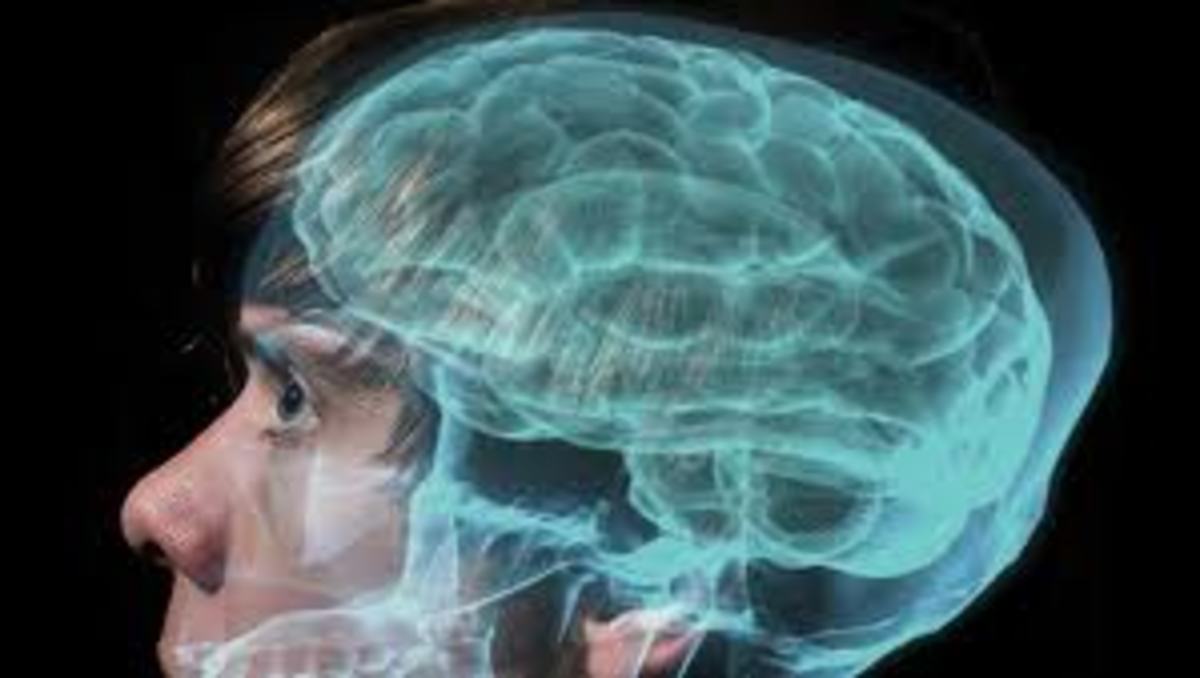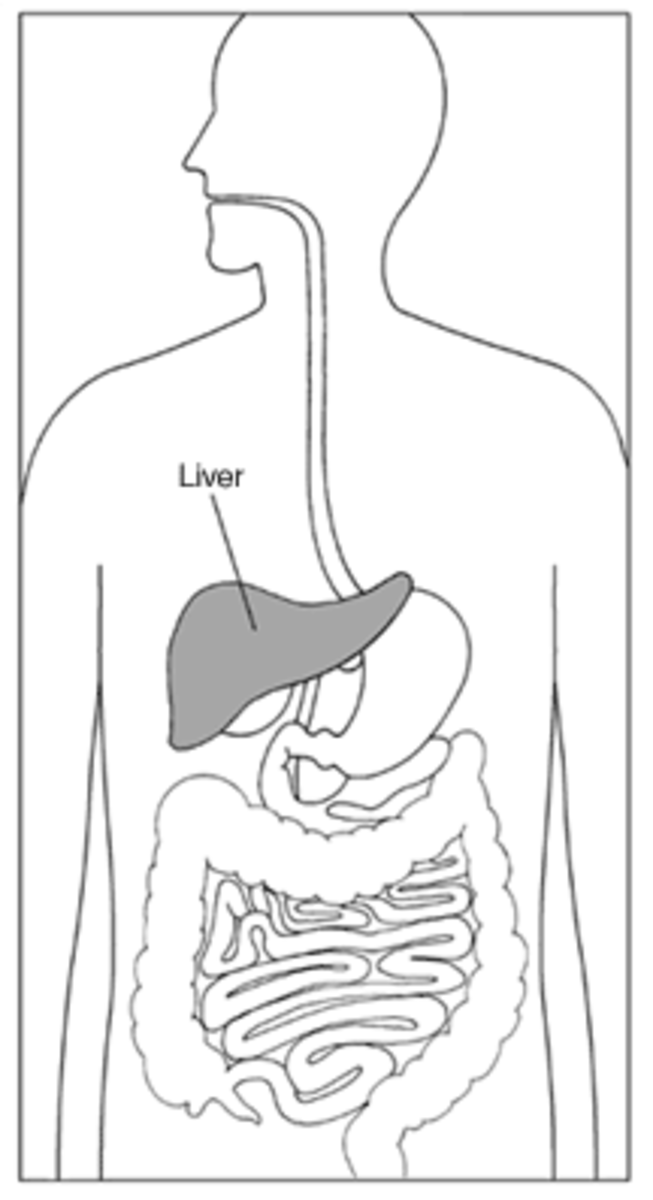Music influences brain

Music is intrinsically an inseparable part of life of people of various cultures. In fact, it took its birth with the advent of different civilizations of the world. And it has held a significant place in the life of people and will continue to do so. In all societies, music has served to bring and bind people together. Some hundred thousands years ago, in every culture, people used to sing and dance together around fires. Incidentally, some still follow the practice of singing and dancing around bonfires even these days. Though its primary role has lost its originality, it still influences our life significantly, serving its primary role differently. Musical concerts and festivals still bring people together to enjoy collective excitement.
Listening to music may be relaxing or not, depending on its type. It has been found that classical and pop music produces a feeling of relaxation in the listeners, whereas heavy metal music increases feelings of tension and nervousness. But it is learning to sing or play a musical instrument that impacts other abilities, which includes speech perception, the ability to understand emotions and the ability to handle multiple tasks simultaneously.
So, music plays a significant role by improving some of the higher brain functions – literary skills, special temporal reasoning, mathematical abilities and emotional intelligence.
The research has found that musically trained children and professional adult musicians have better executive functioning skills compared to their peers, who do not play a musical instrument. It has been further found that children, who are musically trained, have more activation in the prefrontal areas of the brain as compared to their peers. The musical training trains these executive functioning skills in children, which help them with their academic skills.
For playing even a small musical piece, different brain systems - auditory system, motor system, emotional system, executive function system - are involved. These systems have to work in co-ordination with each other.
It has been found that musical medleys containing songs from different genres affect different regions of the brain. The researchers have found that vocal and instrumental music are treated differently. Both hemispheres of the brain deal with musical features but the presence of lyrics shifts the processing of musical features to the left auditory cortex. So, the hemispheres of the brain are specialized for processing different types of music.
Music affects brain plasticity, that is, it changes the structure of the brain. The brain plasticity results from experiences which engage the brain emotionally, are repetitive, and require full attention. And playing music does all this. Music sometimes places higher demands on some of the same networks that we use for other abilities; it actually enhances those networks and, therefore, those abilities benefit.
Therefore, music works on us - initially impacting powerfully our brain and then body. In fact, some great music can transform the ordinary day into extra-ordinary one by powerfully changing the thoughts and emotions. Music can affect our brain in the following ways –
- Improves verbal and visual skills – Studies have shown that children who have extracurricular music classes develop higher verbal and visual skills in comparison to those, who don’t have musical training. So, this shows that the benefit of learning a musical instrument is not purely musical but also extends to improvement in cognition and visual perception.
- Improves executive functions – It has been found that music training improves skills for problem solving, focus and switching between tasks.
- Improves stroke – A study has shown that listening to classical music ameliorates unilateral neglect (UN) in stroke patients by improving visual attention. Music also induces fine-grained neuroanatomical changes in the recovering brain after stroke. This observation needs to be validated further.
- Brings people together – It brings people together because music is often a social activity. Musicians find singing in a choir and ensemble performance very satisfying when they synchronize with each other. This increases their affiliation within the group.
- Good for heart disease - Music can help deal with the stress and anxiety associated with having treatment for coronary heart disease. Studies have shown that listening to music reduces heart rate, blood pressure and anxiety in heart disease patients.
- Reduces chronic headache and migraine - Music can help migraine and chronic headachesufferers reduce the intensity, frequency, and duration of the headaches.
- Boosts immunity - Music can boost immune function and leads to a reduction in the number of illnesses. Listening to music or singing can also decrease levels of stress-related hormone cortisol. Higher levels of cortisol can lead to a decreased immune response.
- Improves movement and co-ordination - Music reduces muscle tension and improves body movement and coordination. Music may play an important role in developing, maintaining and restoring physical functioning in the rehabilitation of persons with movement disorders.
- Improves sleep - Researchers have shown that just 45 minutes of relaxing music before bedtime can make for a restful night. Relaxing music reduces sympathetic nervous system activity, thereby decreasing anxiety, blood pressure, heart and respiratory rate. And, therefore, it has positive effects on sleep via muscle relaxation and distraction from thoughts.
The bottom line –
Music is inseparably woven into the fabric of our life. Listening to our favorite musical piece, we are transported into another world of happiness. So, it affects our emotions and feeling deeply. But the learning music can, in fact, alter the functions of the brain influencing them positively. It impacts significantly the development of higher executive functions in children, who undertake training of music. Considering its benefits in children, the parents should encourage their children to learn vocal or instrumental music, which will help them in many ways in their adult life.








